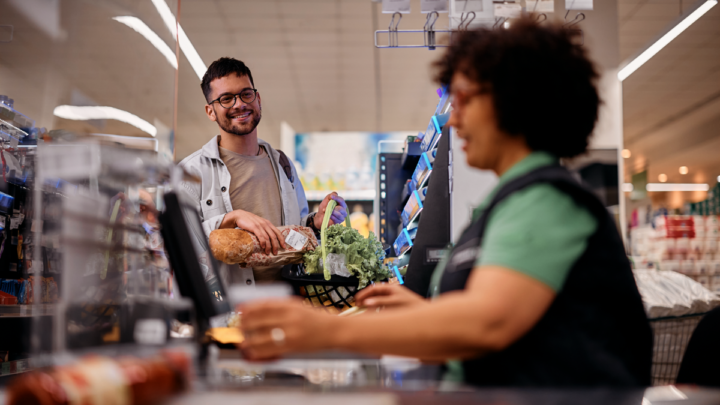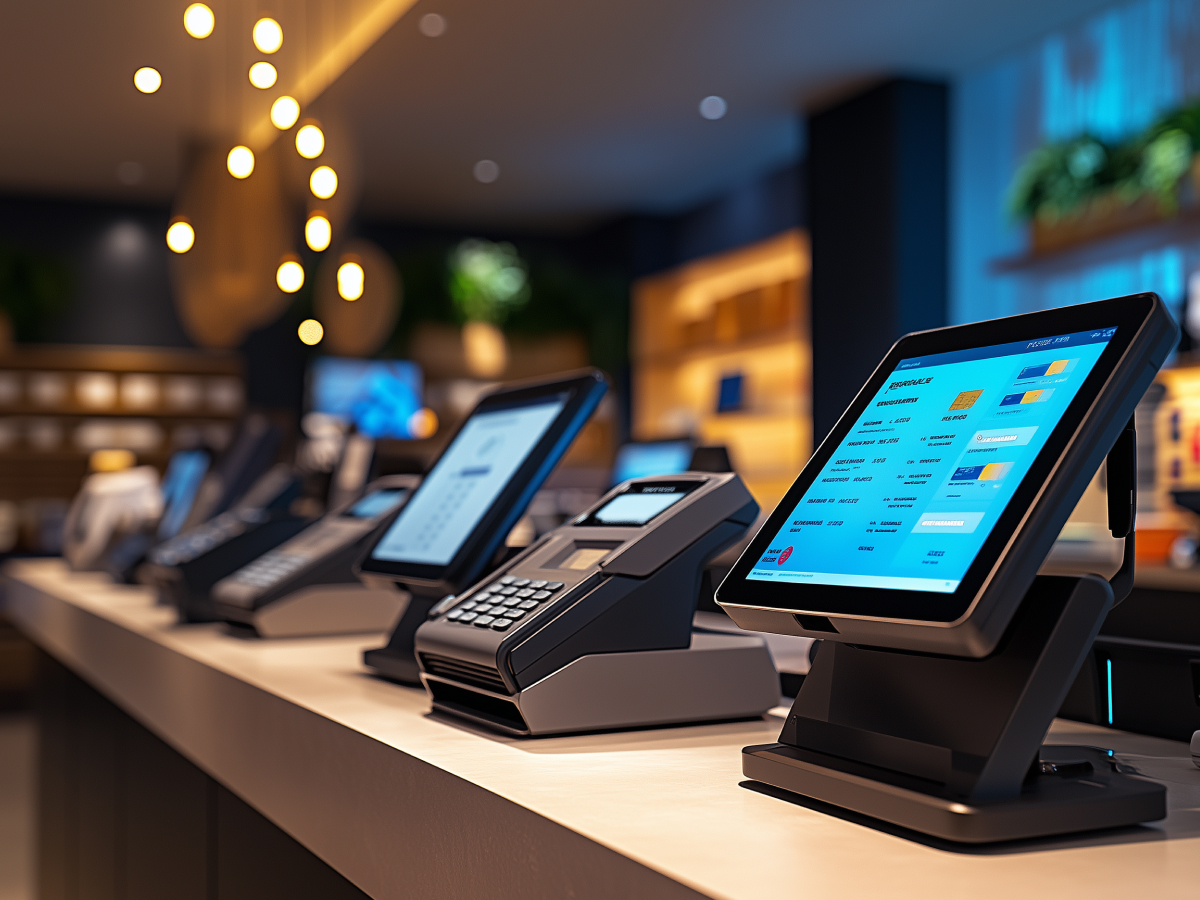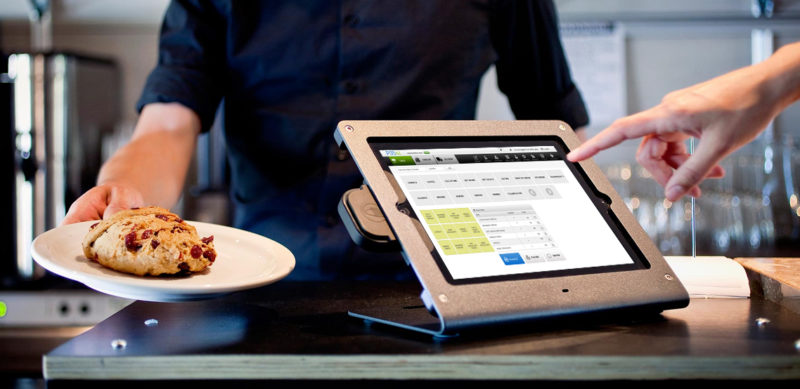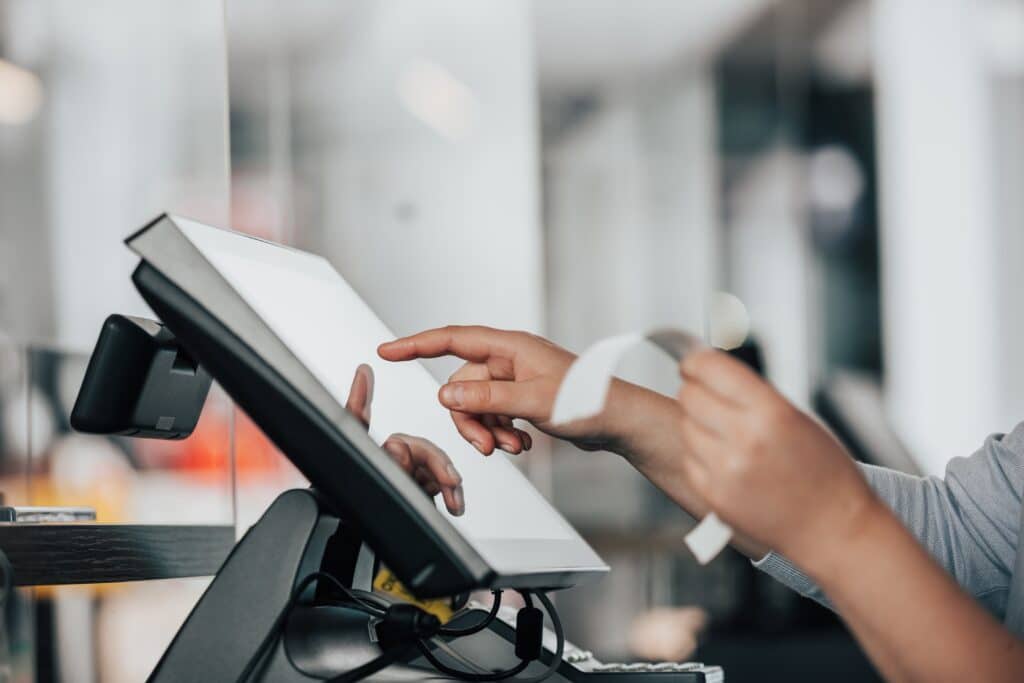How POS Systems Help Create Personalized Shopping Experiences

In today’s competitive retail environment, customers expect more than just good products — they want experiences that feel personal, thoughtful, and tailored to their preferences. Businesses that understand this shift are already gaining an edge, and one of the smartest tools helping them achieve it is the Point of Sale (POS) system.
Modern POS systems go far beyond processing transactions; they collect valuable data, help understand customer behavior, and enable personalized marketing strategies that enhance every step of the shopping journey. Let’s explore how POS systems help create personalized shopping experiences that boost satisfaction, loyalty, and sales.
1. Understanding Your Customers Through Data
Every time a customer makes a purchase, your POS system captures valuable information — what they bought, when they bought it, how much they spent, and even which location or staff member handled the sale. Over time, this data builds a complete profile of your customers’ habits and preferences.
With these insights, you can identify patterns — such as which products are most popular among certain age groups or which times of day see the most purchases. This allows you to tailor your offers, promotions, and recommendations to match customer behavior.
For example, if your POS shows that a particular customer frequently buys organic snacks, you can automatically suggest similar items during checkout or offer a discount on new organic products. It’s small touches like these that make customers feel understood and valued.
2. Personalized Promotions and Discounts
Intelligent POS systems allow you to create customized discounts, loyalty rewards, and special offers based on individual shopping history. Instead of running generic sales campaigns, you can target specific customers with deals that matter to them.
A customer who regularly buys coffee could receive an exclusive offer on their favorite blend, while another who hasn’t visited in a while could get a “We miss you” coupon to encourage them to return.
This kind of personalization not only increases sales but also builds emotional connections with customers. When shoppers feel like your business “knows” them, they’re far more likely to stay loyal and recommend you to others.
3. Loyalty Programs That Truly Reward
Loyalty programs are one of the most effective ways to keep customers coming back, and a POS system makes managing them easy and impactful.
With a POS-linked loyalty system, customers automatically earn points for every purchase, which they can redeem for rewards or discounts. You can also segment customers based on their spending habits — giving VIP treatment to your most loyal shoppers or re-engaging inactive ones with special incentives.
What’s more, since all data is stored in one place, your staff can instantly recognize returning customers and greet them by name or mention their loyalty status. These small moments create a sense of recognition and appreciation — two powerful drivers of repeat business.
4. Seamless Omnichannel Experience
Today’s shoppers move between online and offline channels effortlessly. They might browse your website, check reviews on social media, and then visit your store to make a purchase. An integrated POS system connects all these touchpoints into one seamless experience.
For example, a customer who adds items to their online cart can complete the purchase in-store, while their entire history — both online and offline — is synced in your POS. This ensures personalized recommendations and consistent pricing across all platforms.
An omnichannel POS experience helps you provide personalization across every interaction, whether it’s a personalized email, an in-store suggestion, or a follow-up thank-you message.
5. Real-Time Insights for Staff
Your sales team plays a big role in shaping the customer experience, and with real-time POS data, they can provide more personalized service.
When a customer enters your store, your staff can instantly access their purchase history, preferences, and even previous feedback. This enables them to make better product recommendations or upsell complementary items — creating a smoother, more customized experience.
For instance, if a customer bought a laptop previously, your staff can recommend compatible accessories or offer service upgrades. This not only increases sales but also shows that your business pays attention to every customer’s journey.
6. Building Long-Term Relationships
Ultimately, personalization is about building trust and lasting relationships. A POS system gives you the tools to stay connected with customers even after they leave your store.
Automated follow-ups, birthday messages, or thank-you emails after purchases can all be set up through your POS software. When customers receive thoughtful communication that feels genuine, they are more likely to remember your brand and return for future purchases.
Over time, these consistent, personalized interactions transform casual buyers into loyal brand advocates — the kind of customers who not only buy often but also spread the word about your business.
Conclusion
A modern POS system is more than just a payment tool — it’s the foundation of personalized retail. By collecting valuable customer data, enabling tailored promotions, managing loyalty programs, and connecting multiple sales channels, it empowers businesses to create experiences that truly resonate.
In a world where personalization drives loyalty and loyalty drives growth, investing in an intelligent POS system is one of the best ways to stay ahead of the competition. When your customers feel seen, appreciated, and understood, your business doesn’t just grow — it thrives.






